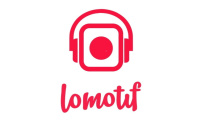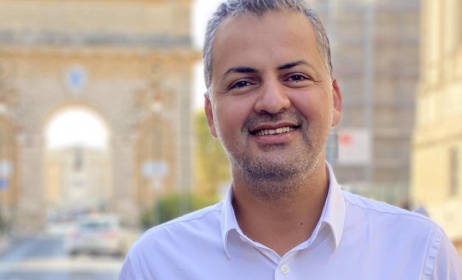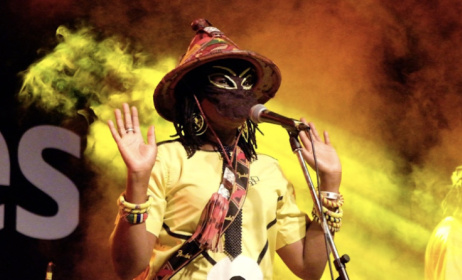Joyce Olong: The alt-Afro visionary weaving sound, soul and stitchwork
While many fans are drawn to Nigerian artist Joyce Olong’s ethereal vocals and genre-bending sound, what may surprise them is just how hands-on she is behind the scenes. Far beyond simply performing, she is a dedicated producer and writer, involved in nearly every layer of the music-making process.
 Joyce Olong.
Joyce Olong.
Olong’s creative flair even extends beyond the studio – in her downtime, she finds solace in crocheting. What began as a relaxing pastime between recording sessions has blossomed into a personal hobby, resulting in handmade pieces she proudly wears and shares with friends. Rooted in alternative music yet unmistakably shaped by African rhythms and dub textures, her sound defies categorisation.
Today, Olong stands more grounded than ever, ready to use her multifaceted skill set not only to advance her own artistry but to open doors for other women determined to thrive on their own terms.
What’s one surprising thing your fans might not know about you?
I’m actually a producer and writer, so I’m involved in almost every layer of my music making process. Beyond that, I crochet! It started as a way to relax between recording sessions, but it’s grown into a hobby I’m really proud of. I even make pieces I wear; and some for my friends too.
When did you realise music was your calling, and what’s your ‘why’?
Music has always felt like home. I fell in love with writing and production as far back as 10 years old, then found the courage to step behind the mic in 2017 to record myself. I’ve always felt like a vessel, like my job is to translate the sounds in my head or stories around me into something others can feel. That emotional connection is why my love for creating is at the core. Everything else is extra.
Which African songs or artists shaped your early music journey?
I grew up listening to artists like Asa, Styl-Plus, Lagbaja, and Nel Oliver, that’s what was always playing around the house. But when I started making my own music, I found real inspiration in my peers shaping the Alt-African space on their own terms, artists like Lady Donli, Odunsi, and Tay Iwar. Their sound made me realise that there is space for people like me in music, and that I didn’t have to compromise to find my voice.
For someone new to your music, how would you describe your sound, tone, and style?
My sound is rooted in alternative music, with influences from African rhythms and dub textures, but ultimately, it’s grounded in my voice. I’d say it’s dynamic, refreshing, and uniquely mine. It’s not easy to box in, and I like it that way. It’s elite music, different on this side.
Any advice for someone afraid to follow their dreams?
Stay faithful to your craft and don’t compromise your essence just to fit in. Your authenticity is your superpower.
What has navigating the music industry as a woman taught you, and how does it shape your artistry?
Being a woman in this space has taught me resilience. I’ve made mistakes, trusted the wrong people, but learning the ropes on my own gave me clarity about what I want and has led me to the right people. Every woman in music should take time to learn the business side too; to steer your journey. Now that I feel more grounded, I’m excited to use my experience as a producer, songwriter, and engineer to help shift the culture - especially for women like me.
























Commentaires
s'identifier or register to post comments